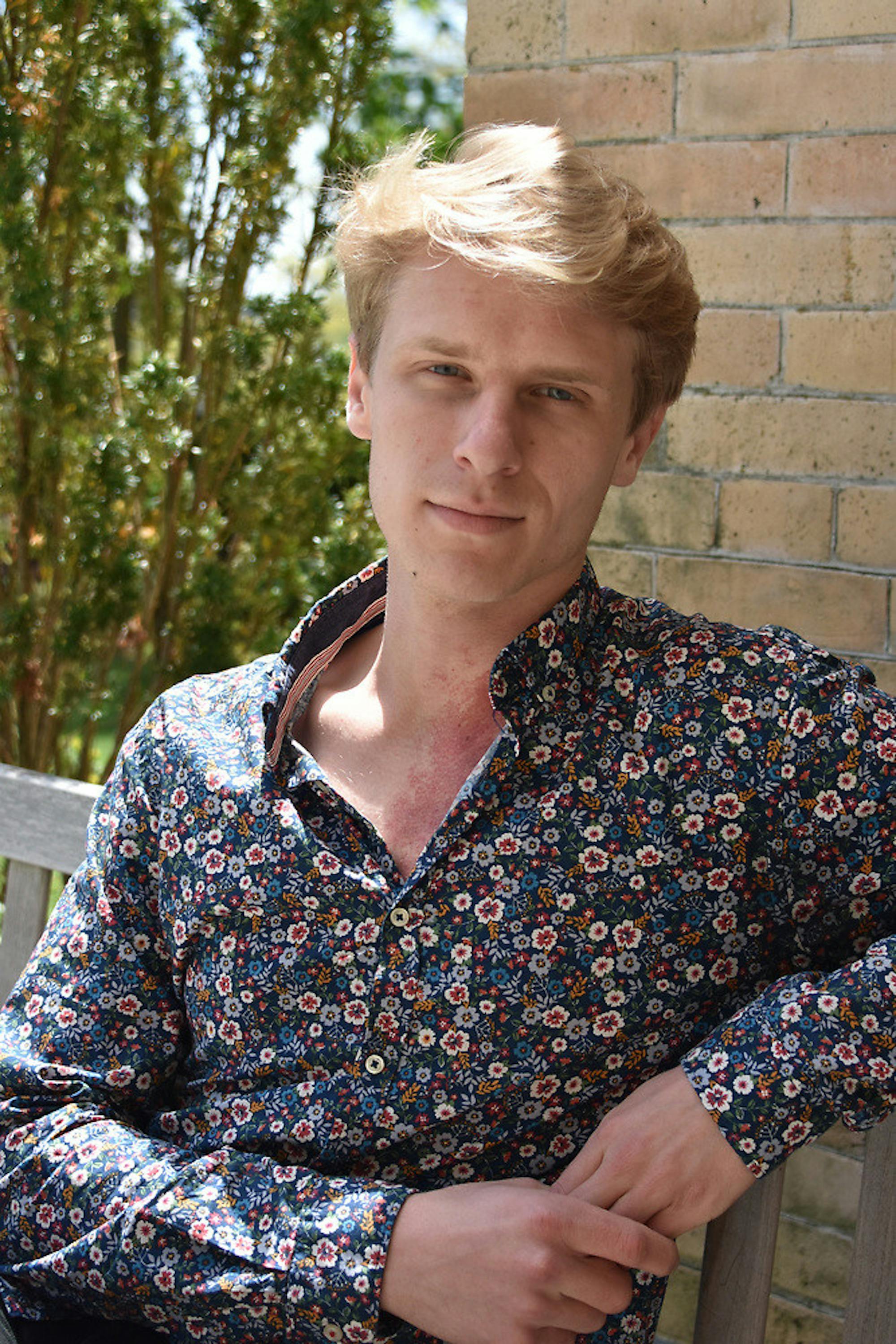Since his early days growing up just outside of Minneapolis, Minn., senior Parker Breza has had a passion for student activism.
“I had been pretty active in high school around issues of social justice, and I knew that it was something I wanted to do in college as well,” Breza said.
Breza saw that the Tufts student body cared deeply about civic engagement, a mindset that resonated with him. He wanted to find an area of study that reflected those interests. Initially, he intended to study international relations, but found early on that he was not as interested in the material that the classes in the department chose to emphasize.
“I found that the program here was really focused on state to state relationships and not as much about people’s movements and the way that people relate to each other across national boundaries,” Breza said.
Breza said that he quickly found a match in American studies, specifically transnational American studies, where he felt his interests more closely align.
“What I liked about the program was that there was a very clear analysis of power,” Breza said. “I liked how it operated in terms of institutions and people’s identities.”
Now, as a graduating senior, Breza has found himself involved several social justice debates on campus, from the rising cost of higher education to the recognition of Indigenous Peoples Day to Palestinian human rights in the Middle East.
“We want to make the conditions better at Tufts for lower-income and financial aid students navigating not only those systems but also social life on campus as well as other barriers,” Breza said.
Outside of school, Breza interns for United American Indians of New England, working on statewide Indigenous Peoples Day legislation. He has brought the same enthusiasm for indigenous pride to Tufts by promoting the movement to students and administration and successfully advocating for an indigenous studies minor.
For his senior thesis, Breza chose to research Palestinian solidarity.
“My thesis is focusing on solidarity in particular and the way that students activists are conceptualizing and thinking through that concept,” Breza said.
For this research, Breza conducted interviews with many student activists, both Palestinian and not, investigating how their work impacts the way they relate to other people.
“I wanted to put [the movement] into a broader history of solidarity and anti-colonial solidarity,” Breza said.
The past two years have given Breza the opportunity to travel and present research regarding his thesis. In the spring of 2018, Breza traveled to Palestine to present a paper he had written on the Tufts divestment resolution.
“It was a really moving experience to be able to build solidarity on the ground,” Breza said.
This past spring break, Breza said that he traveled to South Africa and presented his thesis. He explained that he spoke with many South African activists about their experiences during apartheid and how they related to Palestinians through solidarity.
“I see a ton of parallels between Palestine solidarity and the solidarity movement from South Africa,” Breza said.
After graduation, Breza will begin his summer fellowship with the United States Campaign for Palestinian Rights. With this organization, he will be focusing on 2020 U.S. House and Senate races as well as the increasing presence of Palestine on the progressive agenda.
Breza's extensive student activism earned him a Senior Award from the Tufts University Alumni Association (TUAA).
“It was an honor to be recognized along with so many incredible awardees,” Breza said.
While he was thankful for the award, Breza did acknowledge that Tufts has a lot of work to do to better accommodate the culture of activism on campus.
“I wish Tufts would engage more, particularly around these issues that a lot of people have different investments in,” Breza said. “This institution does not get any better if we don’t listen.”
Breza is hopeful that the validation of his hard work by TUAA will incentivize other students to follow suit and be active in these controversial debates.
“Younger activists should have hope that their work will be rewarded someday and that they will be on the right side of history,” Breza said. “It is just a matter of time, even if it may seem difficult right now.”
Senior Profile: Parker Breza

Parker Breza poses for a portrait on May 8.





